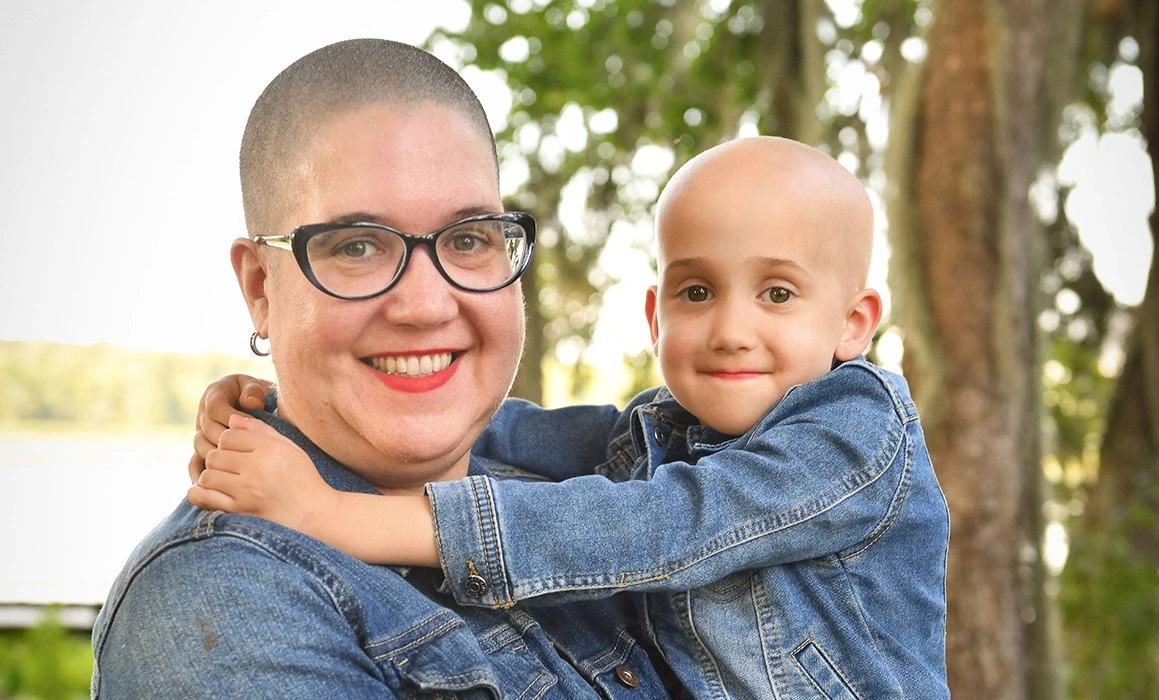It was a normal night at the morgue. In case you might inquire, “normal,” meant I was sitting at my desk, sending out subpoenas for medical records, interviewing family members over the phone, and talking to hospitals. Hospitals — as part of their policies — called us a lot to report deaths, even if they knew it wasn’t in our jurisdiction.
My coworker was sitting at his desk. I could tell by his end of the conversation that he was talking to a family member. His demeanor was professional during the entire phone call. When he hung up the phone, he doubled over laughing. He laughed so hard his face turned red.
When he finally came up for air, he told me about the conversation.
The family member he spoke to donated a kidney several years ago. The kidney recipient was now dead and in our refrigerated unit. It’s been many years, but I don’t think the kidney he received had anything to do with his death. If I had to guess, the decedent was found deceased at his residence and we didn’t have any next-of-kin information (we had a doctor but we didn’t know who the family members were) and we had to bring the deceased to our office because we didn’t have a funeral home to release to.
I’m also just guessing, but if the deceased required a kidney donation, he likely had a boatload of other medical issues which meant this death was probably ruled Natural. But like I said, it’s been many, many years. I don’t remember the details of the case.
Back to the phone call.
During the course of the conversation, the family member asked, “Since he’s dead, can I get my kidney back?”
And that brings me to today’s topic: Organ donation. (In a nutshell.)
Here’s how organ and tissue donation works (from a death investigator’s point of view.)
There a lot of conditions that must be met before organ and tissue donation can happen. I’m only covering a few today but at the bottom of this post, I’ve included links to a couple of websites that will have more information. Because organ donation can be a controversial issue, please know that I’m not advocating for or against it. The purpose of this discussion is to provide writers with information on how organ & tissue donation is related to death investigation.
What organs or tissues the organ procurement agency (OPA) can collect is dependent on how the death is classified: brain death v. cardiac death.
Brain Death
Brain death means that the deceased was placed on life support for a period of time. Life support means that the major organs: heart, lungs, liver, kidneys, etc. were able to function because of the equipment the patient was connected to. After a series of numerous, extensive tests – a team of physicians determines if the brain shows any signs of functioning. If the there is no sign of brain function, a conversation is had with the patient’s family members regarding their options. (I realize this can be a sensitive issue for people so I want to make this very clear, I am not advocating for or against ending life support. Once again, the purpose of this blog post is to walk through the process of organ donation and then discuss how it relates to death investigation.)
Tissues, including, but not limited to, skin and corneas can also be donated from brain death.
Cardiac Death
Cardiac death means the heart stopped. There was no life support. When cardiac death happens, the clock starts ticking for organ donation. In most of the cases I saw, organs were almost never viable after a cardiac death. However, tissues – like the ones mentioned above, can still be donated if the decedent is placed in a refrigerated unit within so many hours after death. This is where the LKA (Last Known Alive) time comes into play. One of the questions always, ALWAYS, asked by police and death investigators is last known alive time. If the decedent’s LKA time was over 24 hours, he/she isn’t eligble for tissue donation.
Who Reports the Death to the OPA?
If the deceased dies in a hospital/nursing home, the staff will report the case to the local organ procurement agency. If the deceased dies anywhere else, the medical examiner/coroner’s investigator reports the death.
Here’s how it worked for death investigators. We called a hotline and reported the case. A series of questions were asked and based on the answers we gave the organ procurement agency would then contact the decedent’s family members. As an investigator, I never, NEVER, reached out to families regarding organ donation. It wasn’t my area of expertise and was better handled by the staff members at the OPA. If family members had questions regarding organ donation, I referred them to the OPA because I didn’t want to give them bad information.
Other facts about organ/tissue donation:
- Organ/Tissue donation does not prevent the deceased from having an open-caskett viewing.
- Organ/Tissue donation will not prevent the medical examiner/coroner from determining cause and manner of death.
- Homicide victims can be organ/tissue donors.
- Prison inmates are not eligible for organ/tissue donation.
- Individuals who were known to have a high-risk lifestyle, (intravenous, illicit drug use is one example), are not eligible for organ/tissue donation.
Family Consent
In my experience as a death investigator, family consent was always obtained by the OPA. This was true even if the deceased was listed as a donor on his/her driver’s license. If the deceased was listed as a donor and the family objected to donation, the OPA will not collect organs/tissues from the deceased. So, if organ/tissue donation is important to you, I recommend you have a conversation with your family members so your desires are made clear.
Wrapping it Up
Going back the beginning of this post where a family called in wanting to know if he could have his kidney back. The answer was no. First, his loved one suffered a cardiac death which made him ineligible for donation. And two, I’m not sure if his request would’ve been possible even if his loved one suffered a brain death. But that would make an interesting storyline for a fiction writer.
Since it’s been over ten years since I worked in the field, I needed a little help putting some of this together. I used articles I found on The Gift of a Lifetime’s website. The Mayo Clinic is another good source to go to if you have any questions.
If you have any questions on this blog post, please leave them in the comments or send an email to contactme@amariesilver.com.
Thanks for shopping Snark, Sass, & Sarcasm! I’ll see you next time.
Share this:
- Click to share on Facebook (Opens in new window)
- Click to share on Twitter (Opens in new window)
- Click to share on Pinterest (Opens in new window)
- More
- Click to share on Reddit (Opens in new window)
- Click to share on Telegram (Opens in new window)
- Click to print (Opens in new window)
- Click to share on Pocket (Opens in new window)
- Click to share on LinkedIn (Opens in new window)
- Click to share on WhatsApp (Opens in new window)
- Click to share on Tumblr (Opens in new window)








